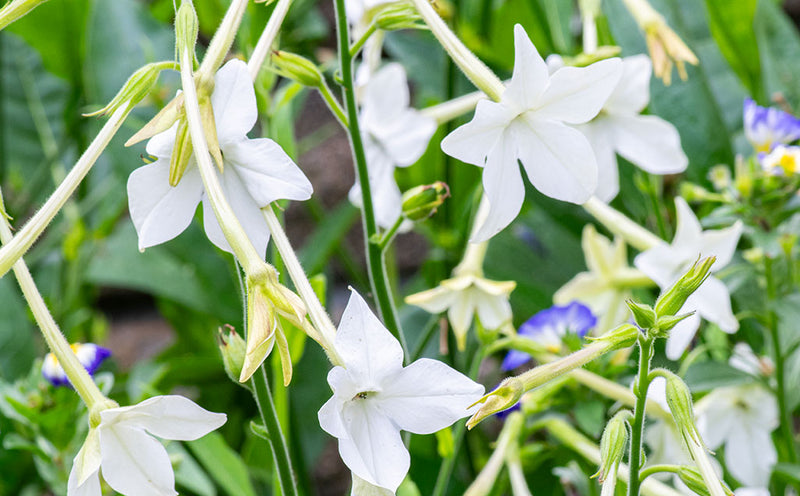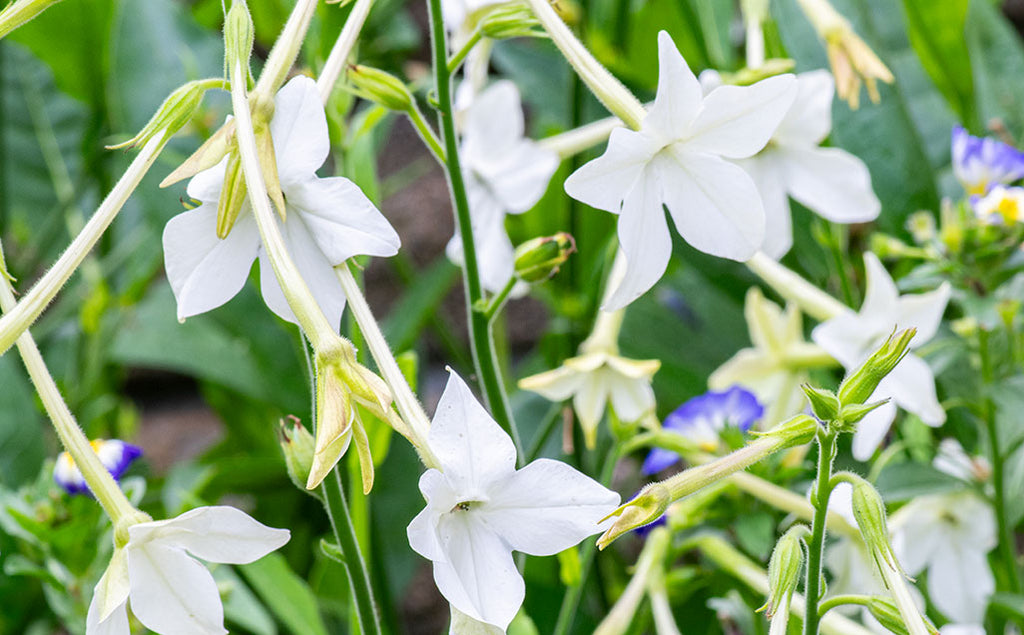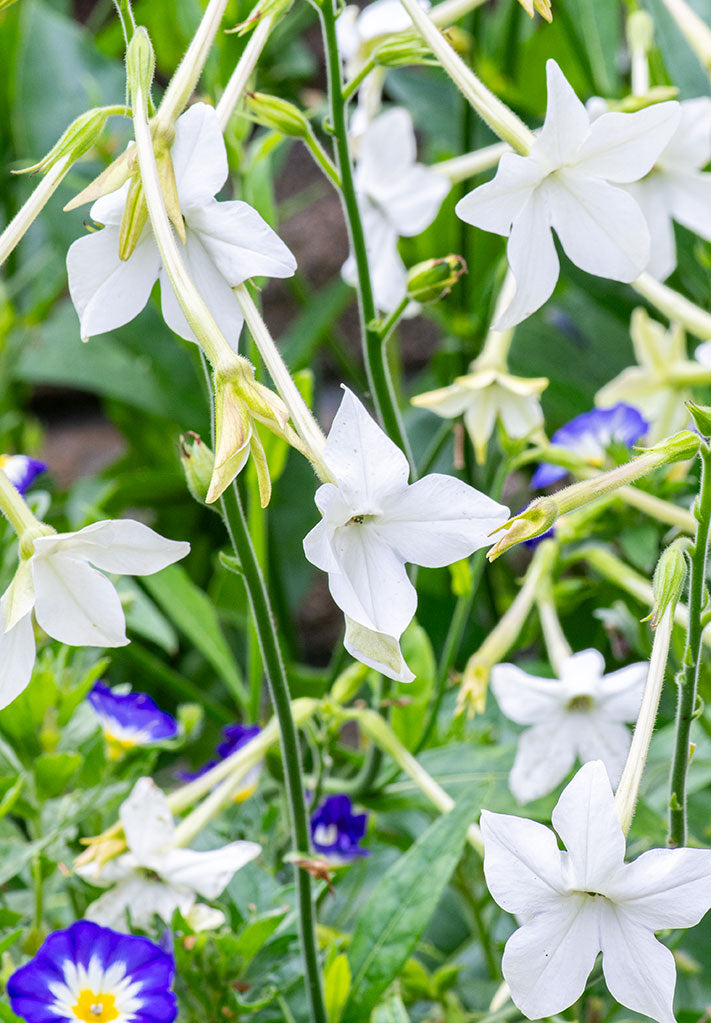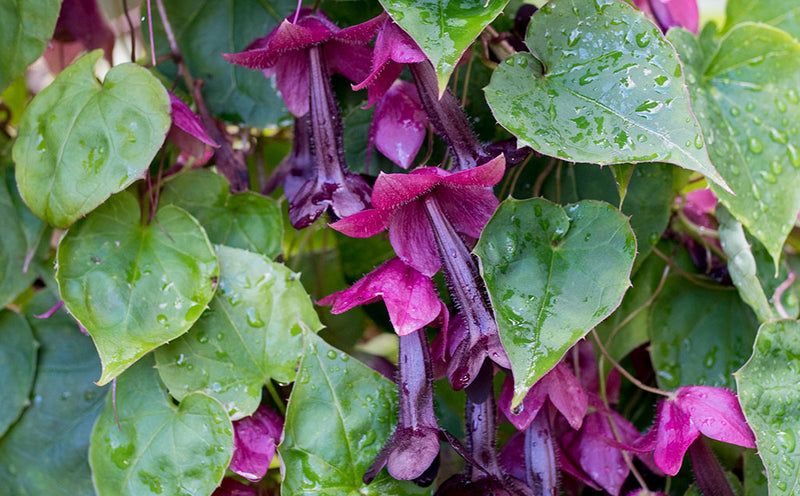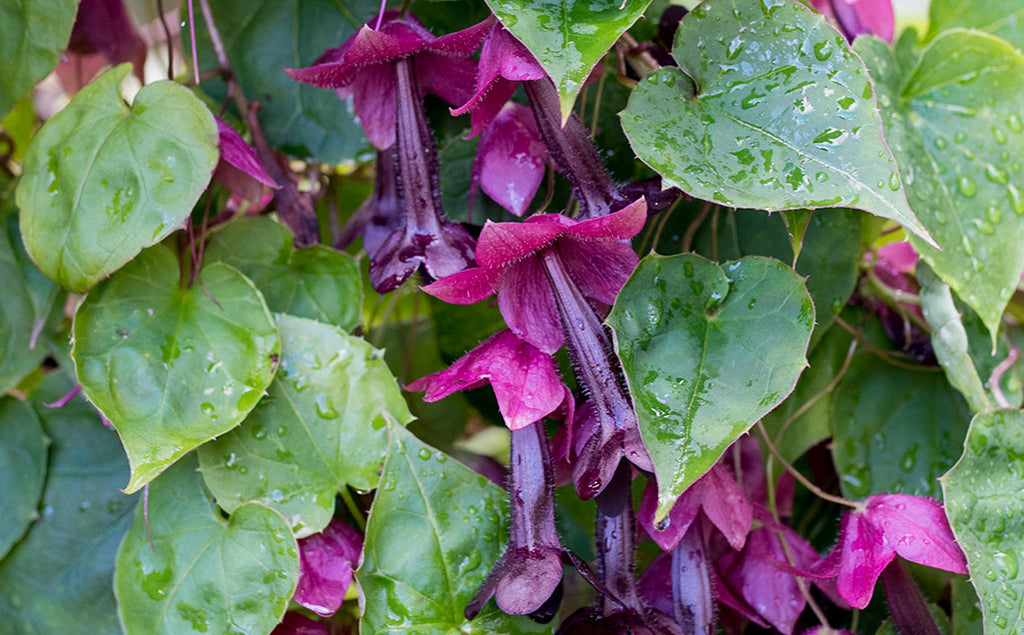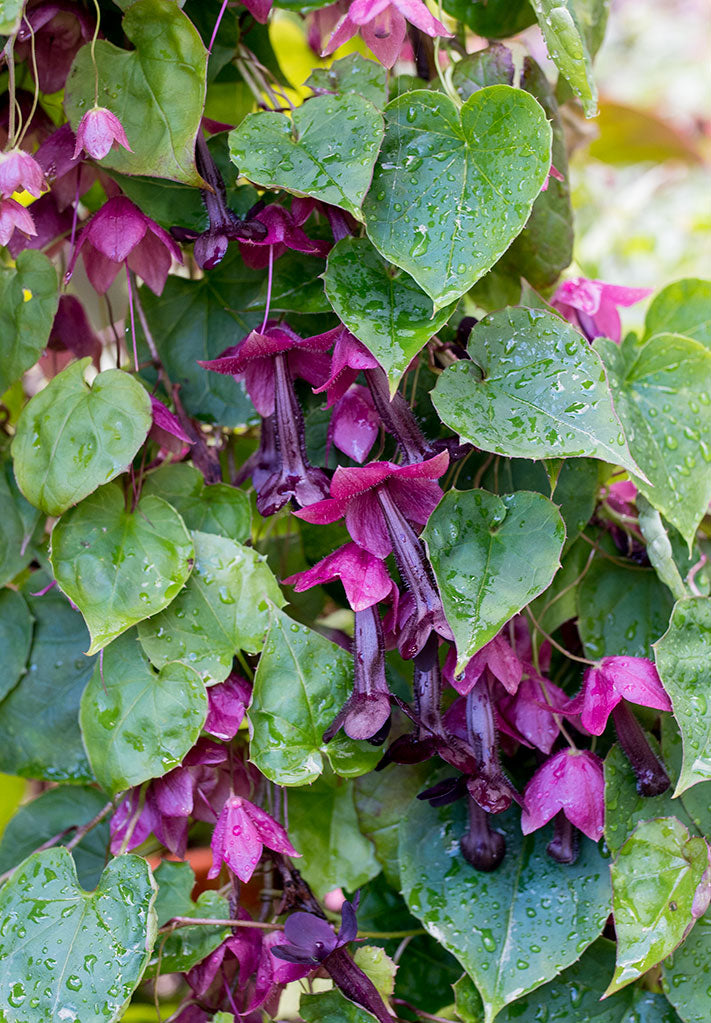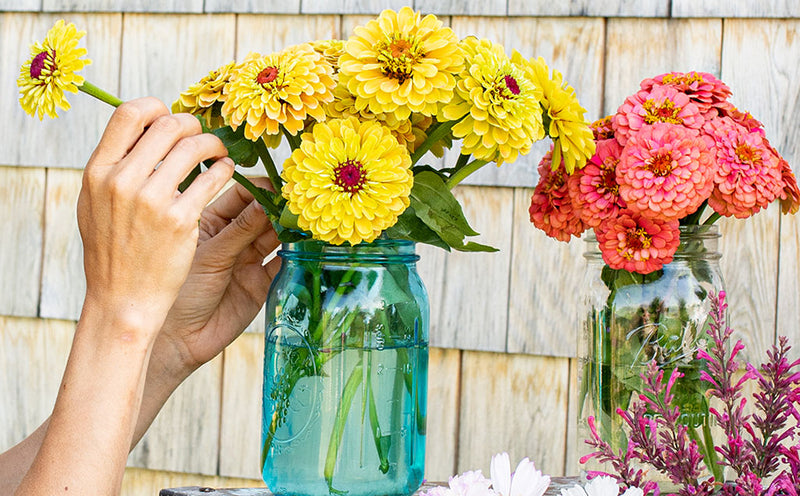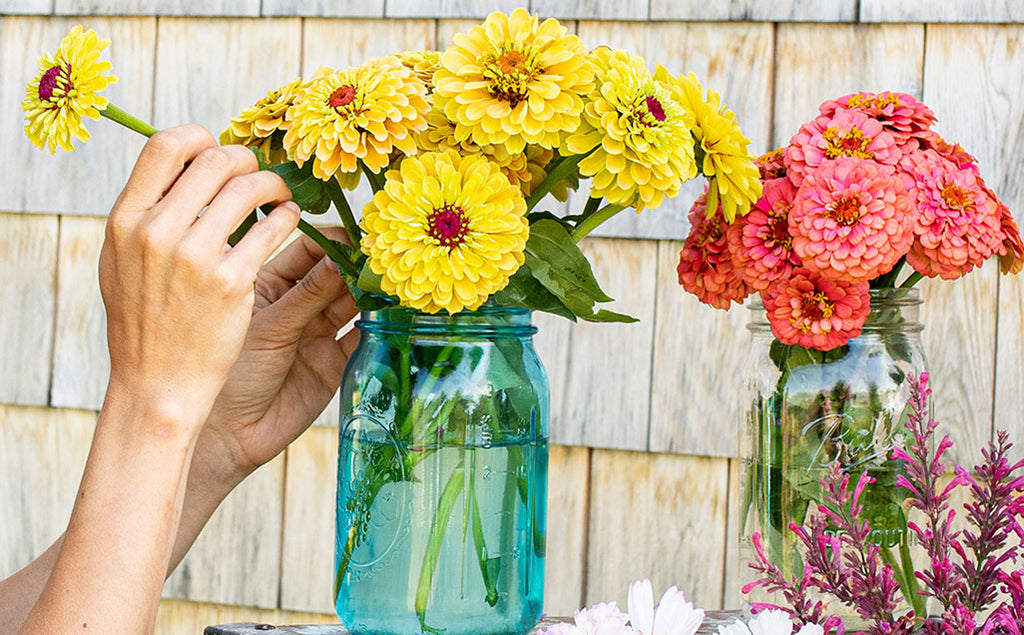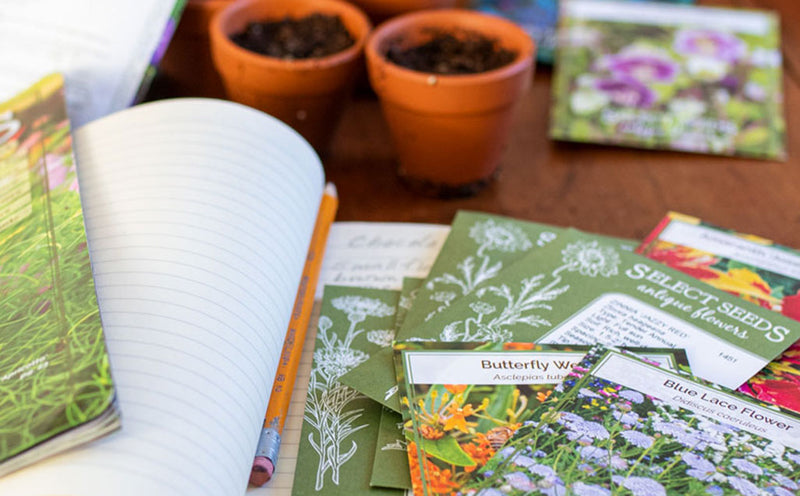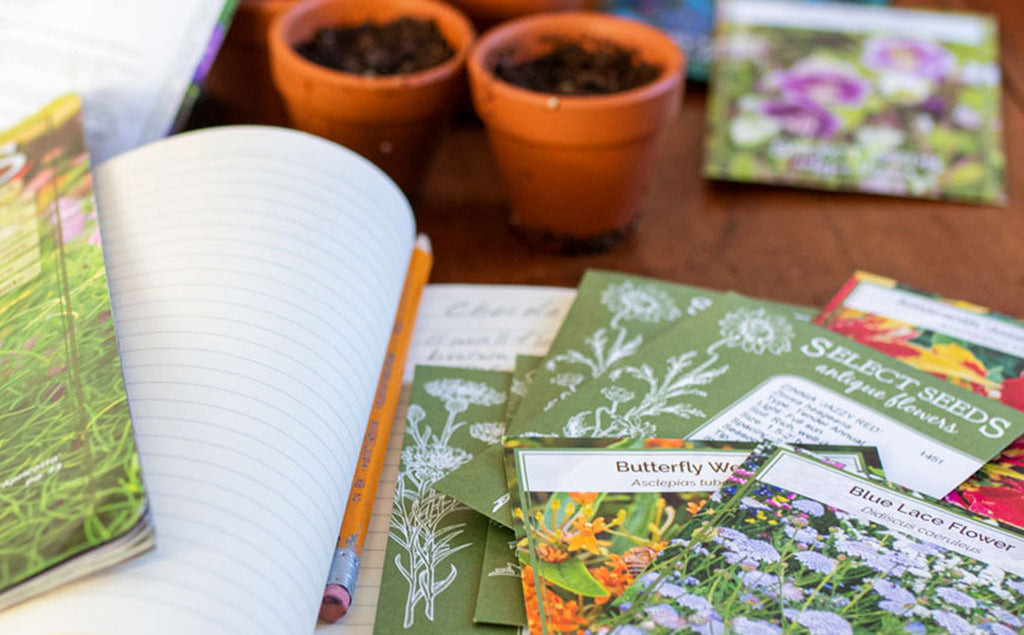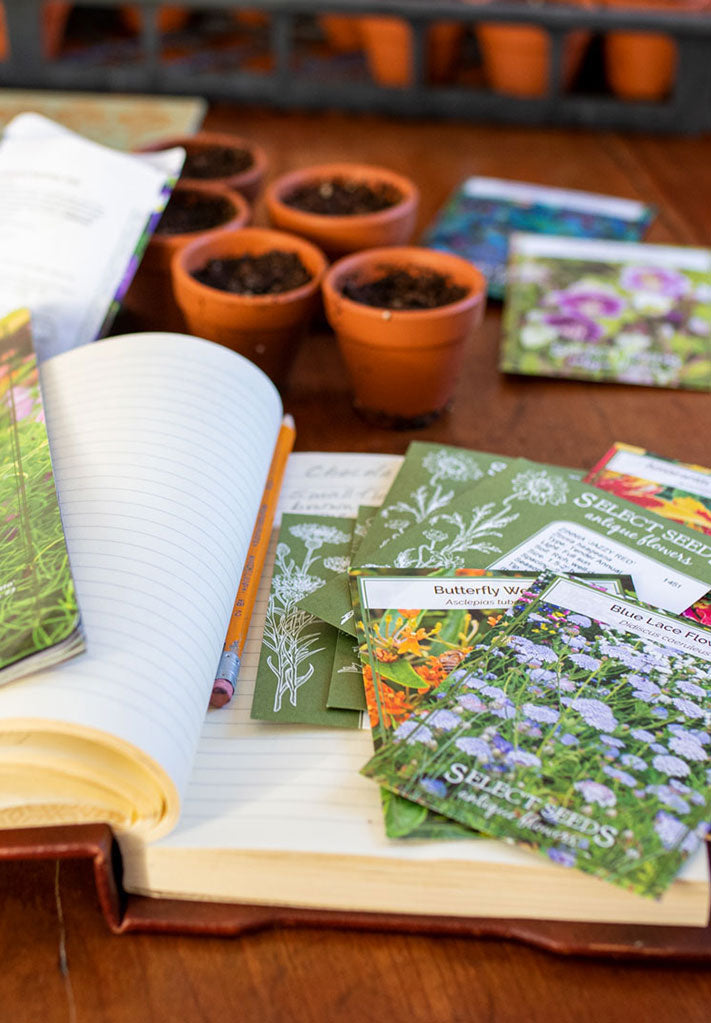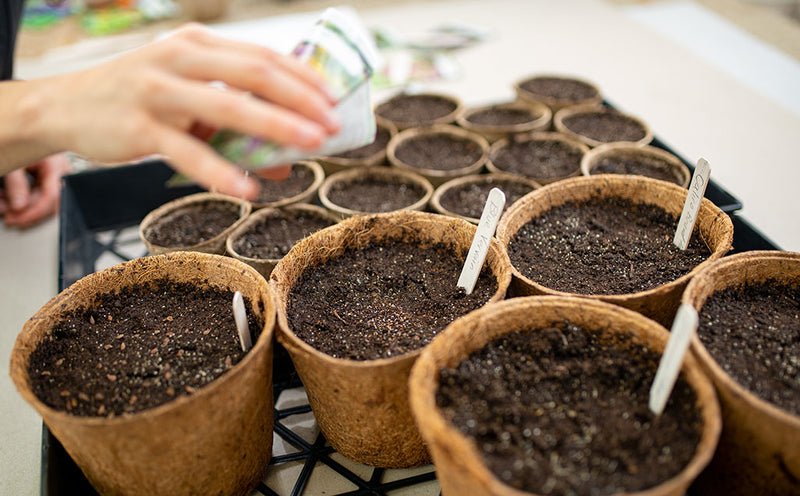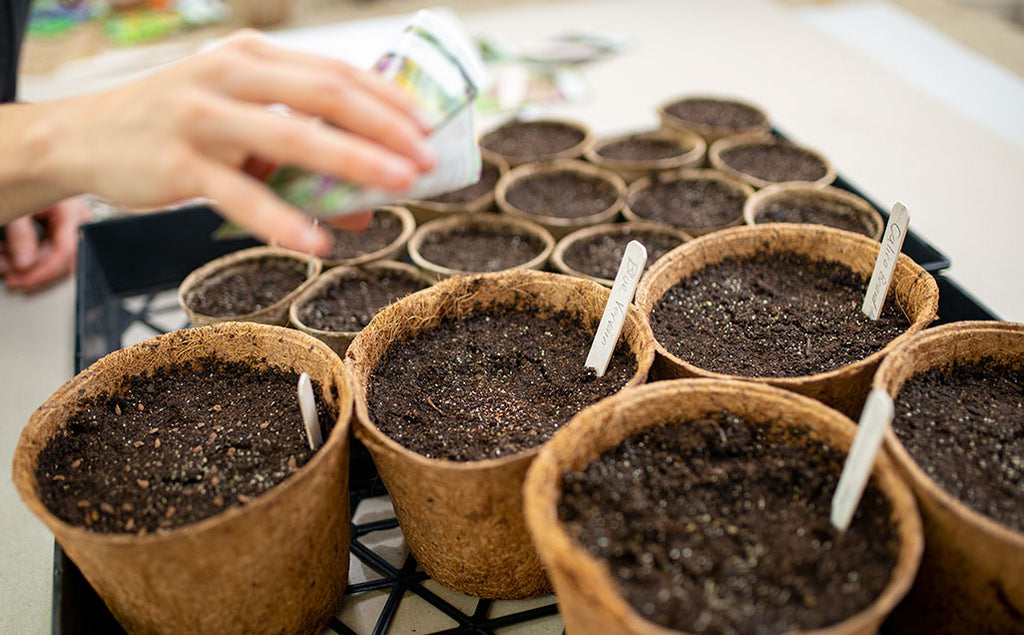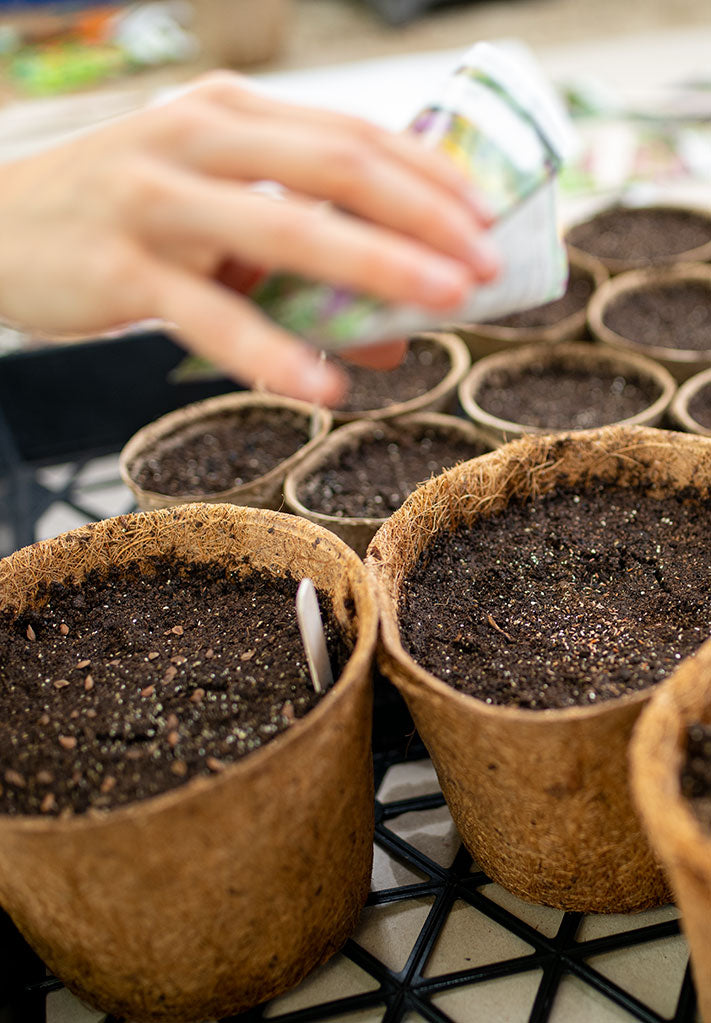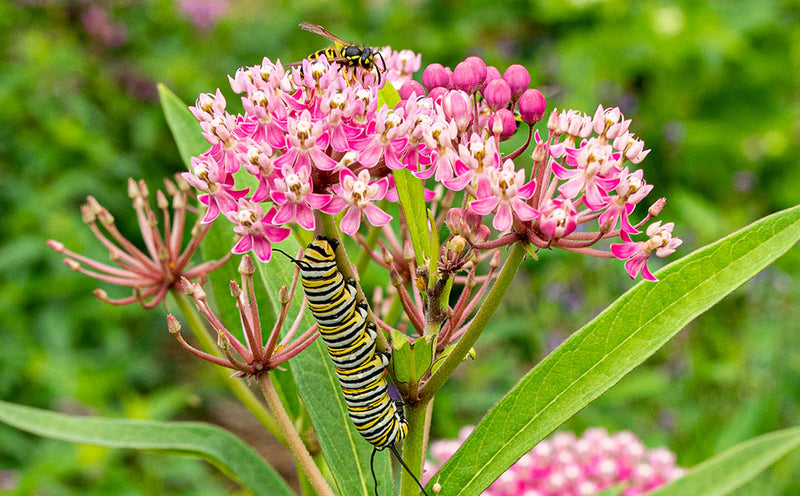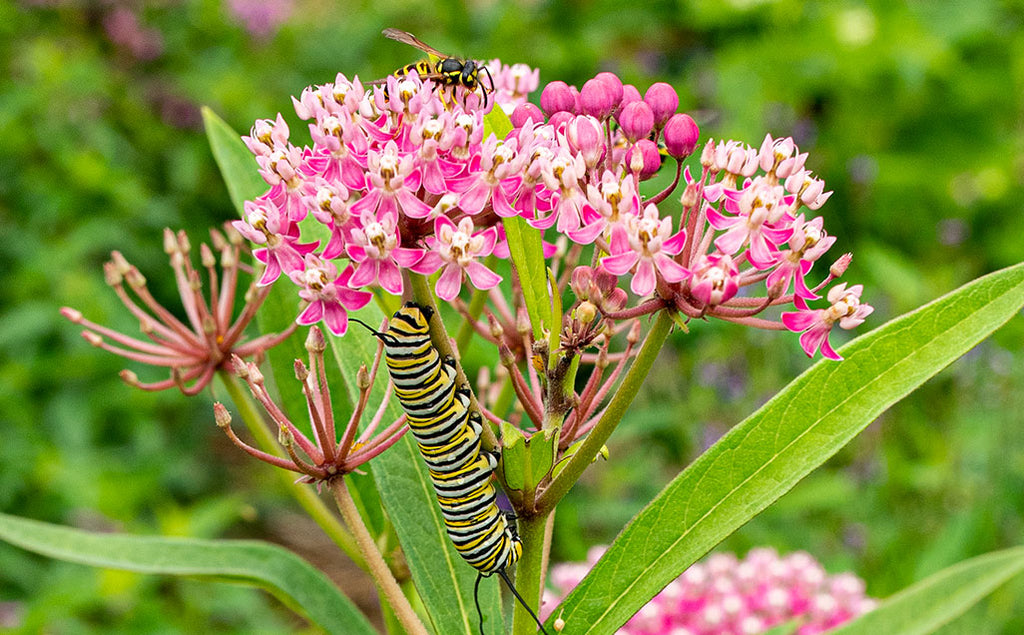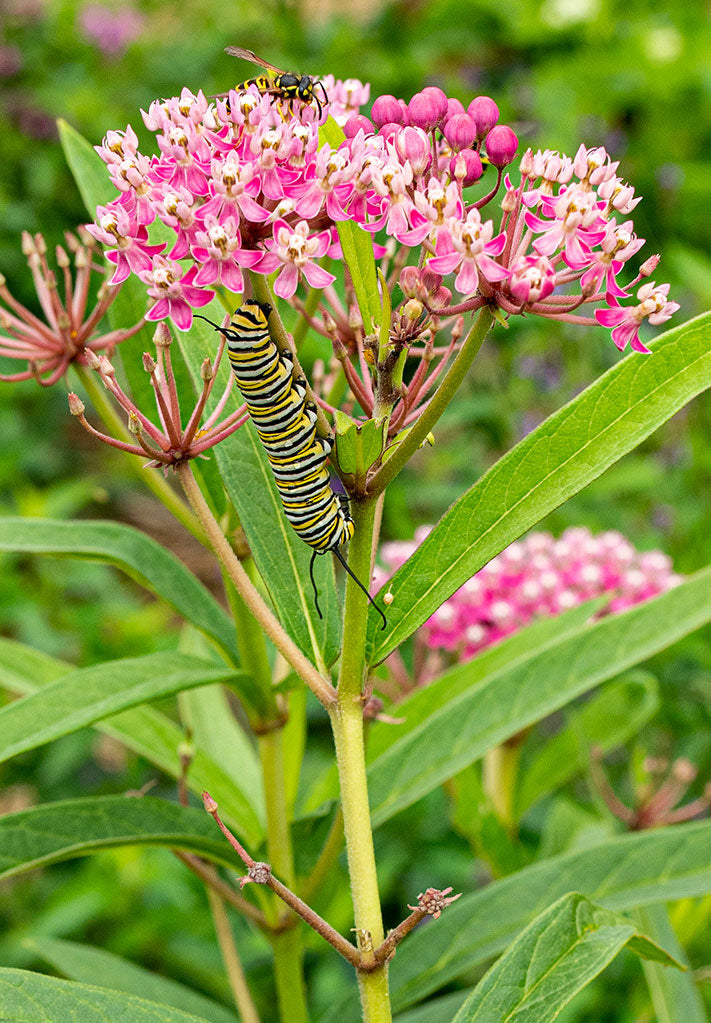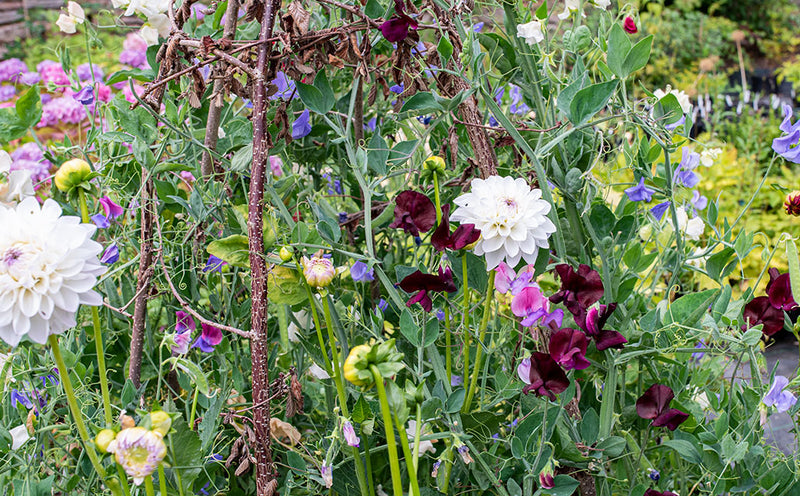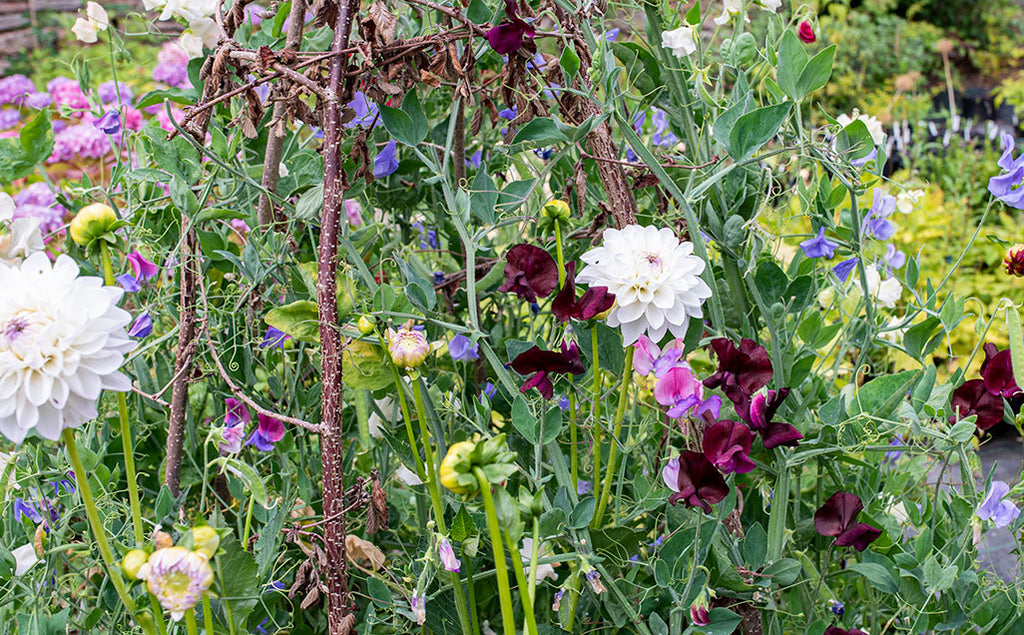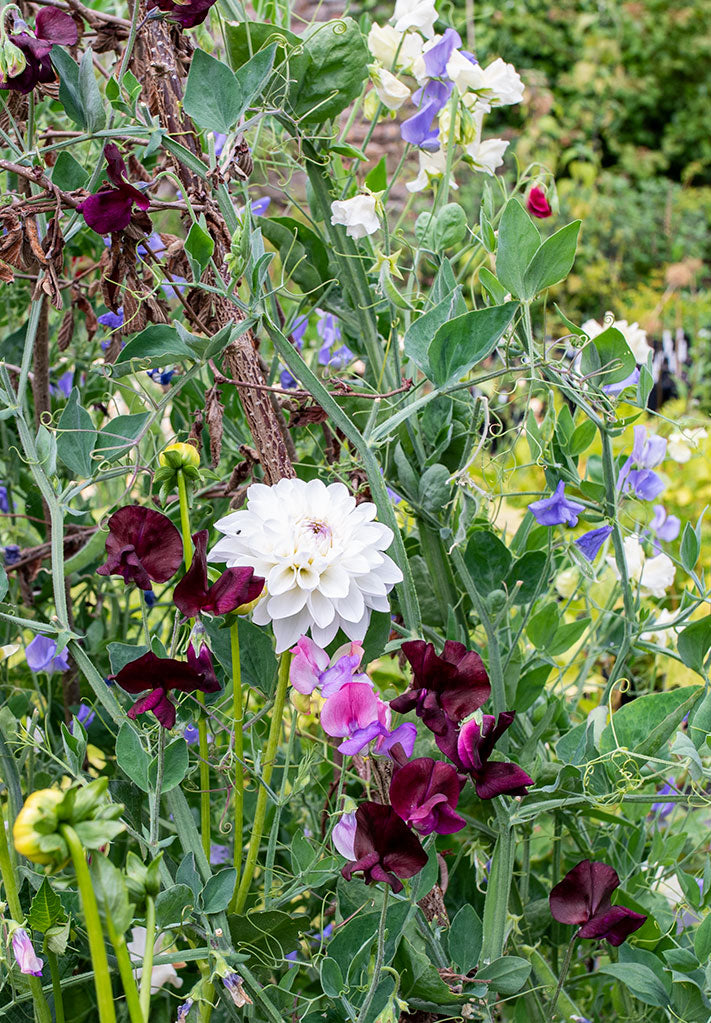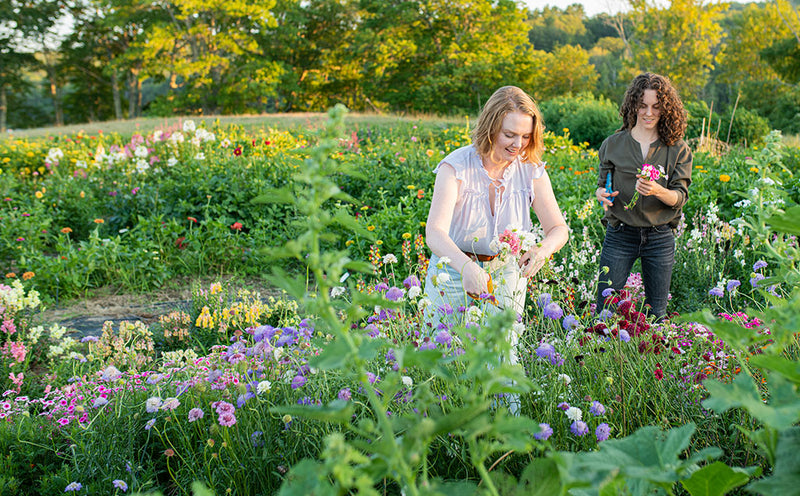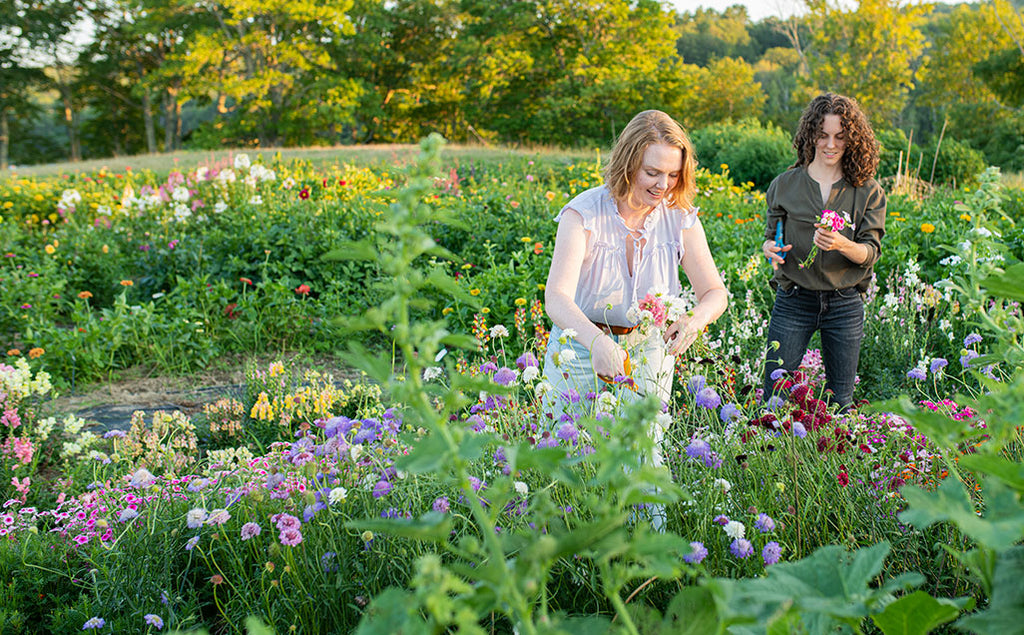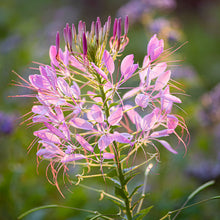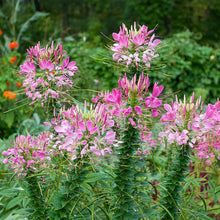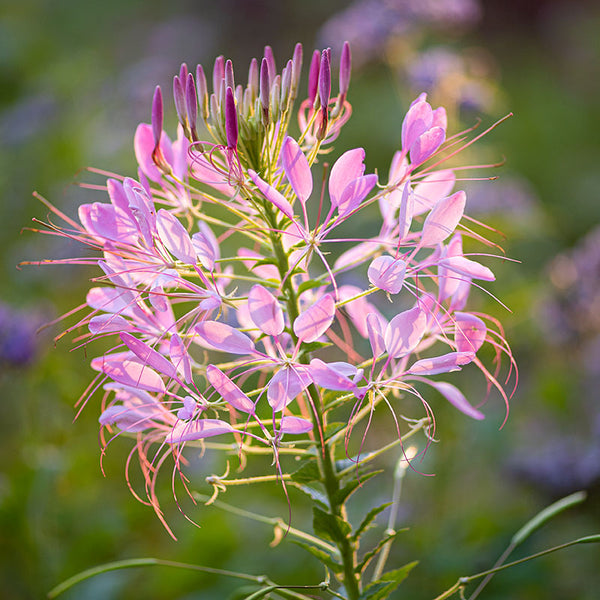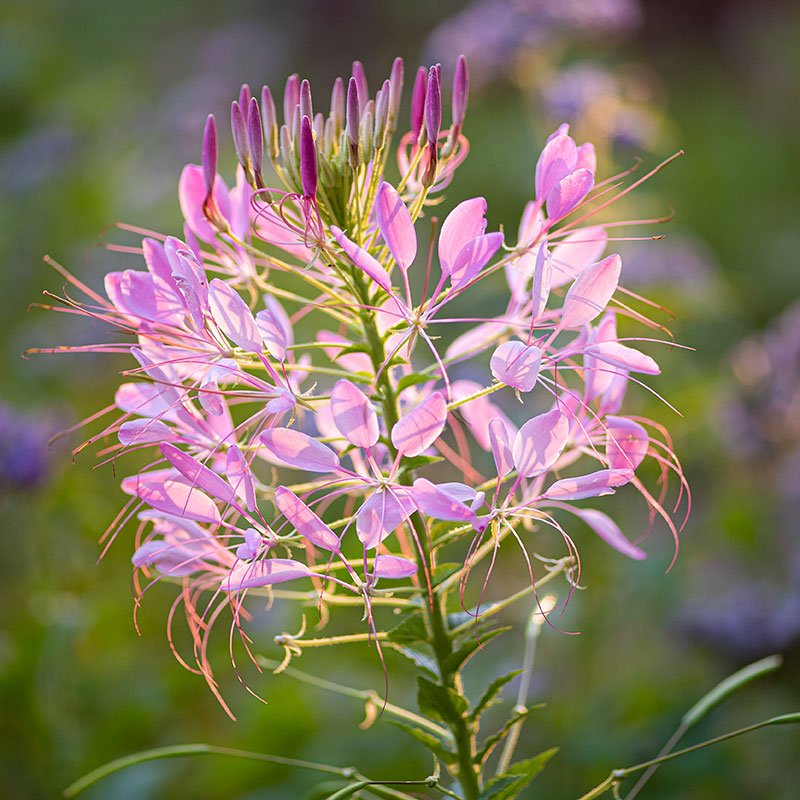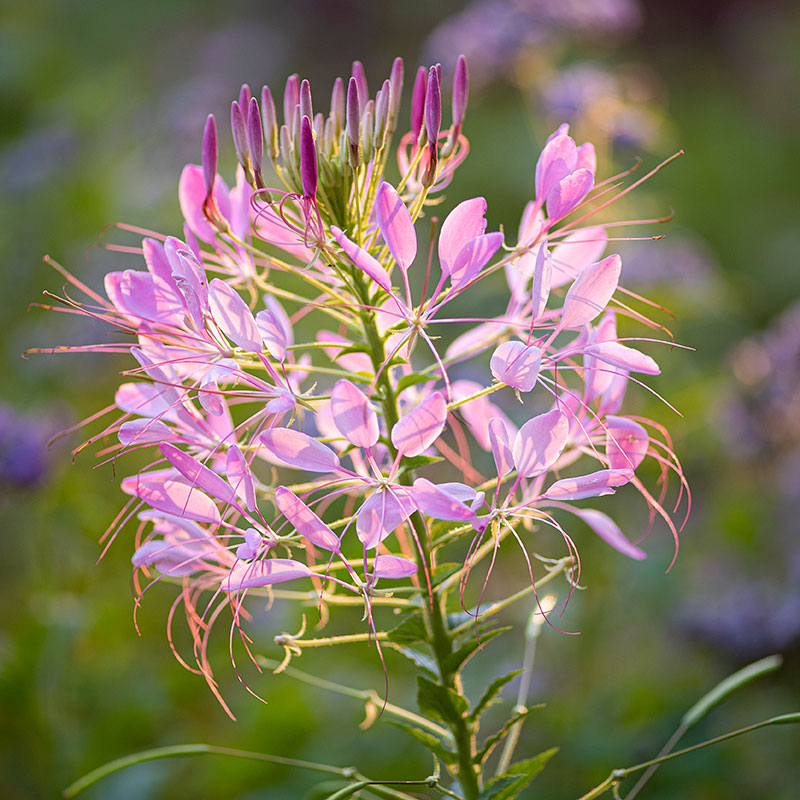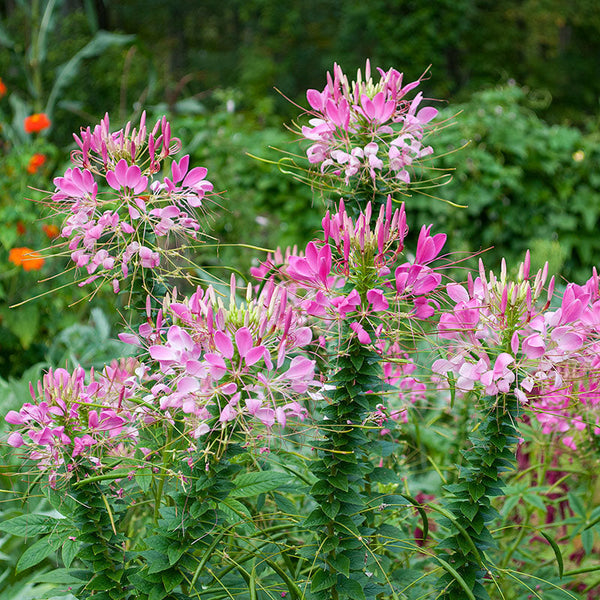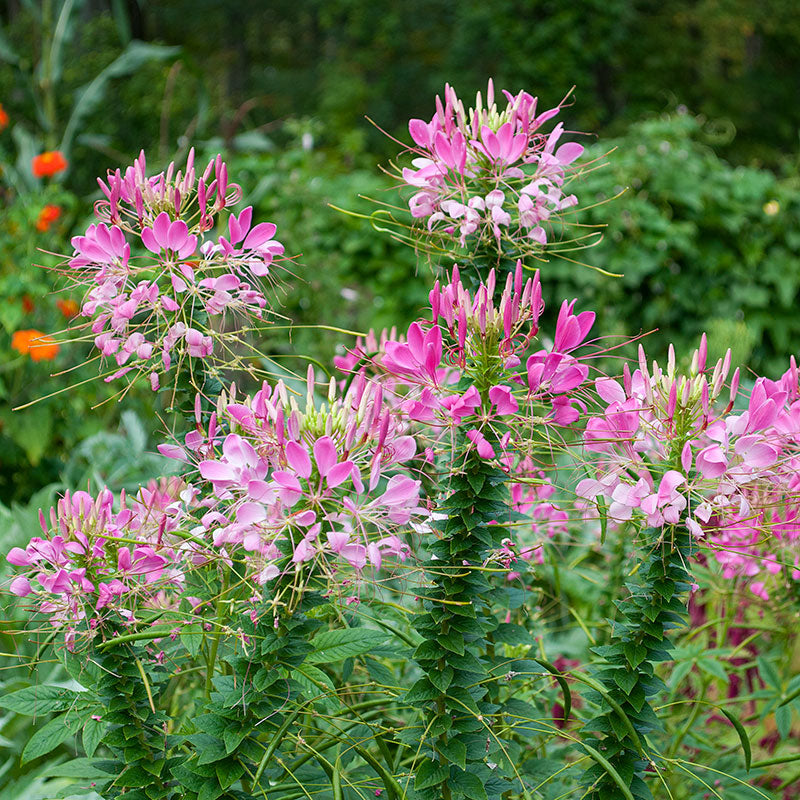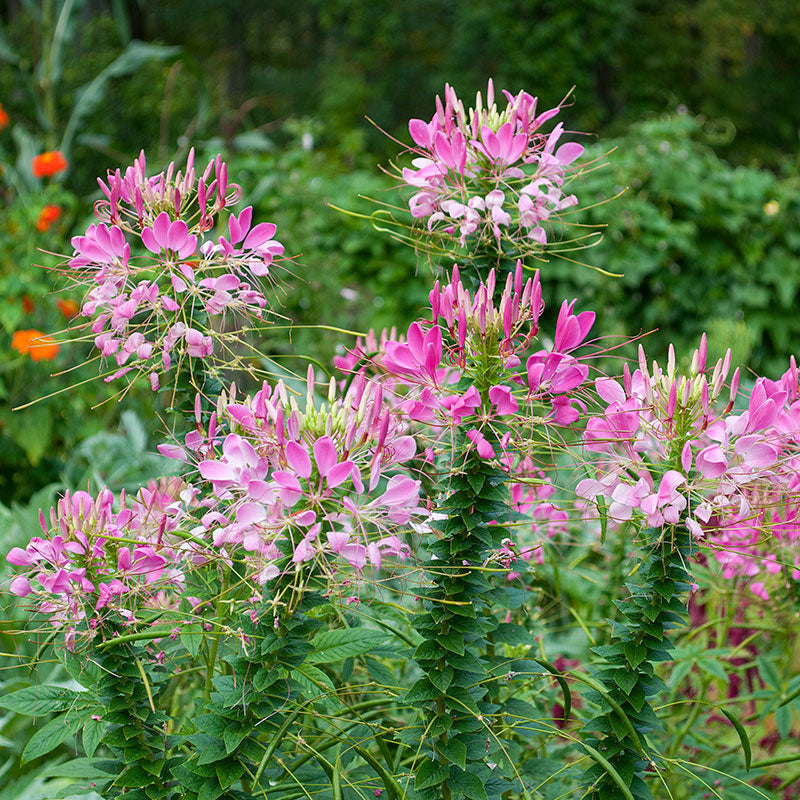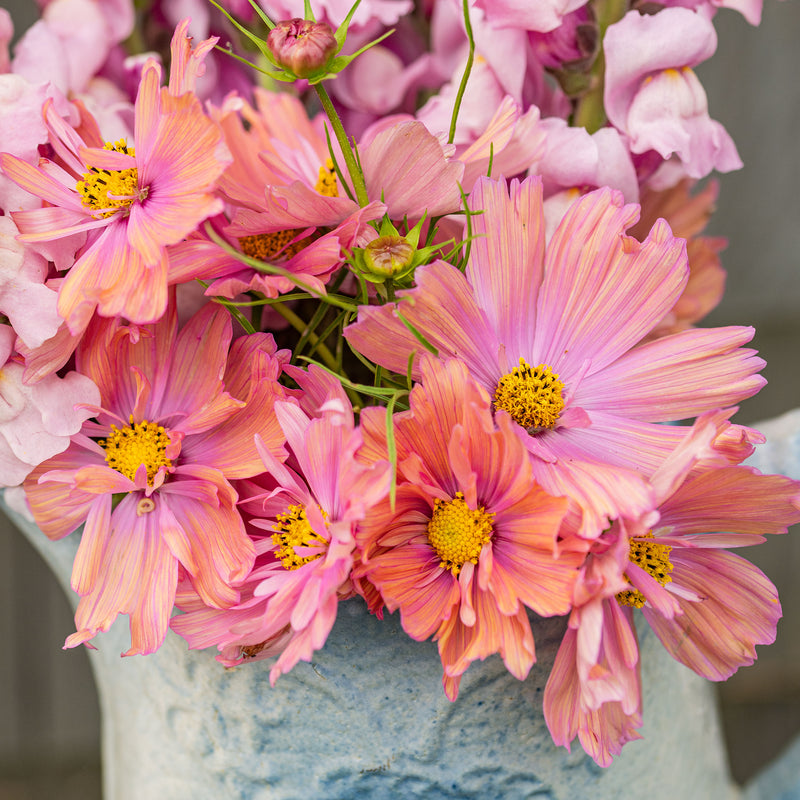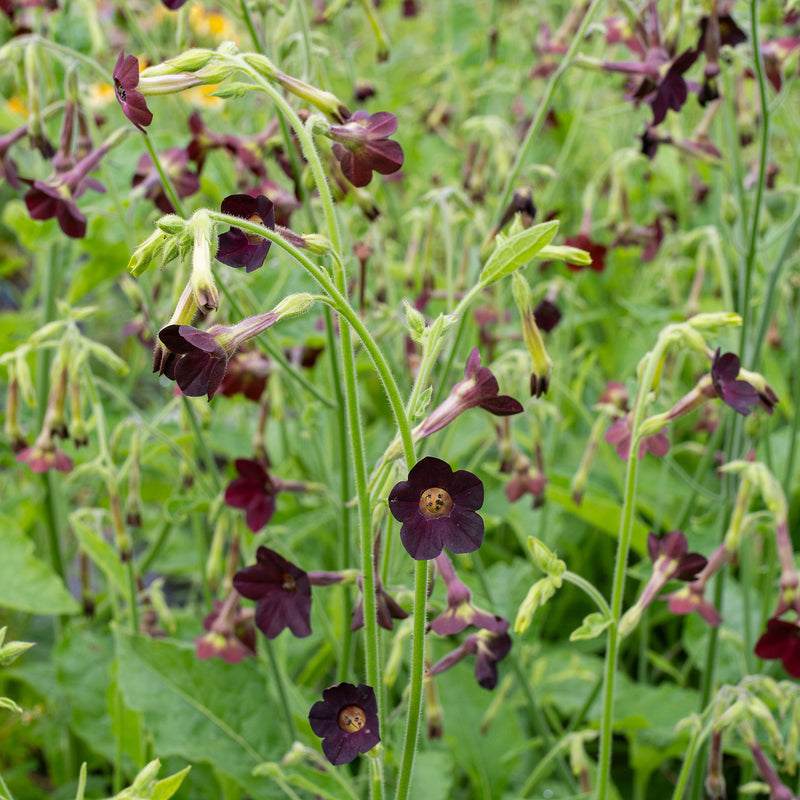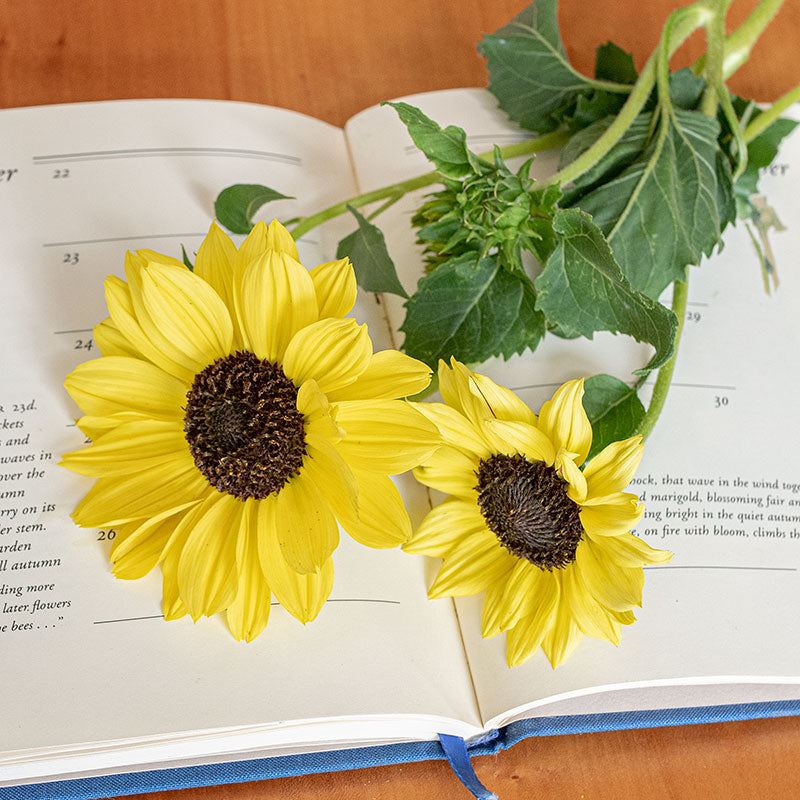SOWING INSTRUCTIONS
Depth:
Surface sow and press in lightly; requires light to germinate.
Starting Indoors:
Sow indoors 6-8 weeks before planting out after last frost. Keep at 60-70°F. Increase germination by first chilling flat in the refrigerator for 2 weeks.
Starting Outdoors:
Direct sow 1–2 weeks before last spring frost date.
PLACEMENT & CULTIVATION
Cleome, also known as spider flower, requires very little care, making it ideal for back borders or areas that are difficult to maintain. Pinch once when 6" tall for bushier plants. It blooms for an extended period, with new buds forming and opening from the center as old petals fall. It is not only deer-resistant but also attracts a variety of pollinators, such as butterflies, hummingbirds, and hawk moths. It is an excellent cut flower; however, you should beware of the small thorns on the stems. Self-sows.
Watering Details:
Water regularly until established, then only during dry spells.
Soil pH:
Prefers slightly acidic to neutral.
Fertilizer:
Mix in a couple of inches of compost prior to planting.
Diseases & Pests:
If aphids appear, hose plants down several times a week or spray with an insecticidal soap. Prevent mildew and rust by setting in a location with good air circulation and proper spacing.
When to Cut for Bouquets:
Cut when florets are 1/2 open; beware of spines on stems. Short-lived



